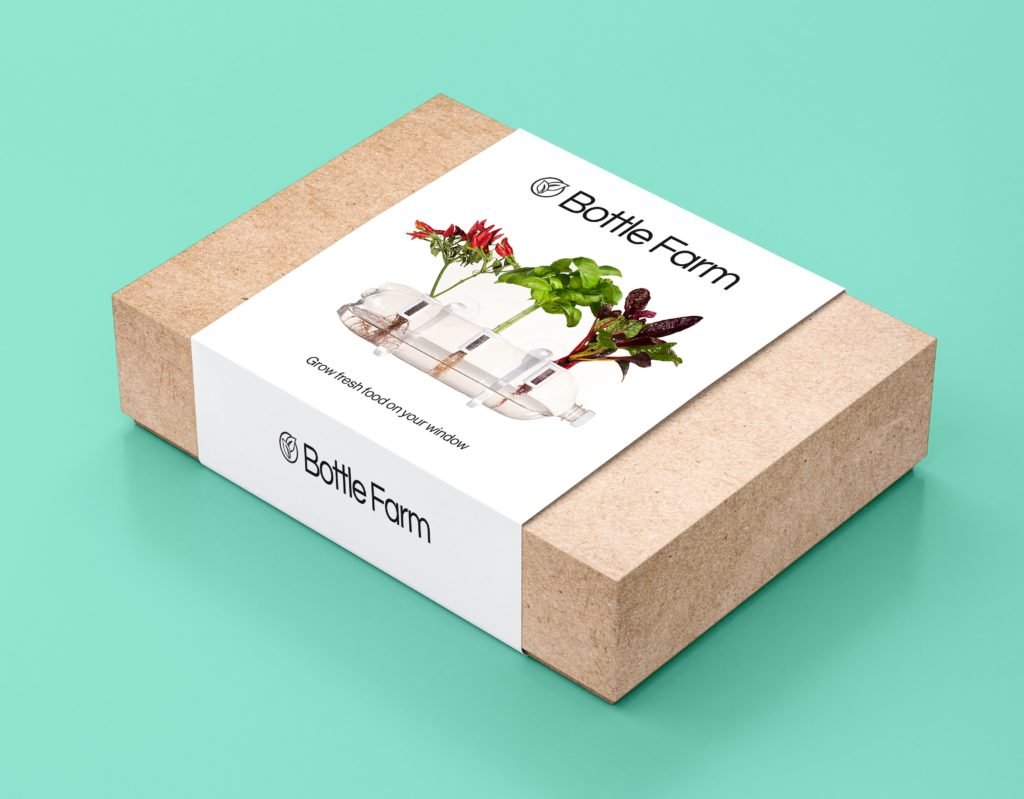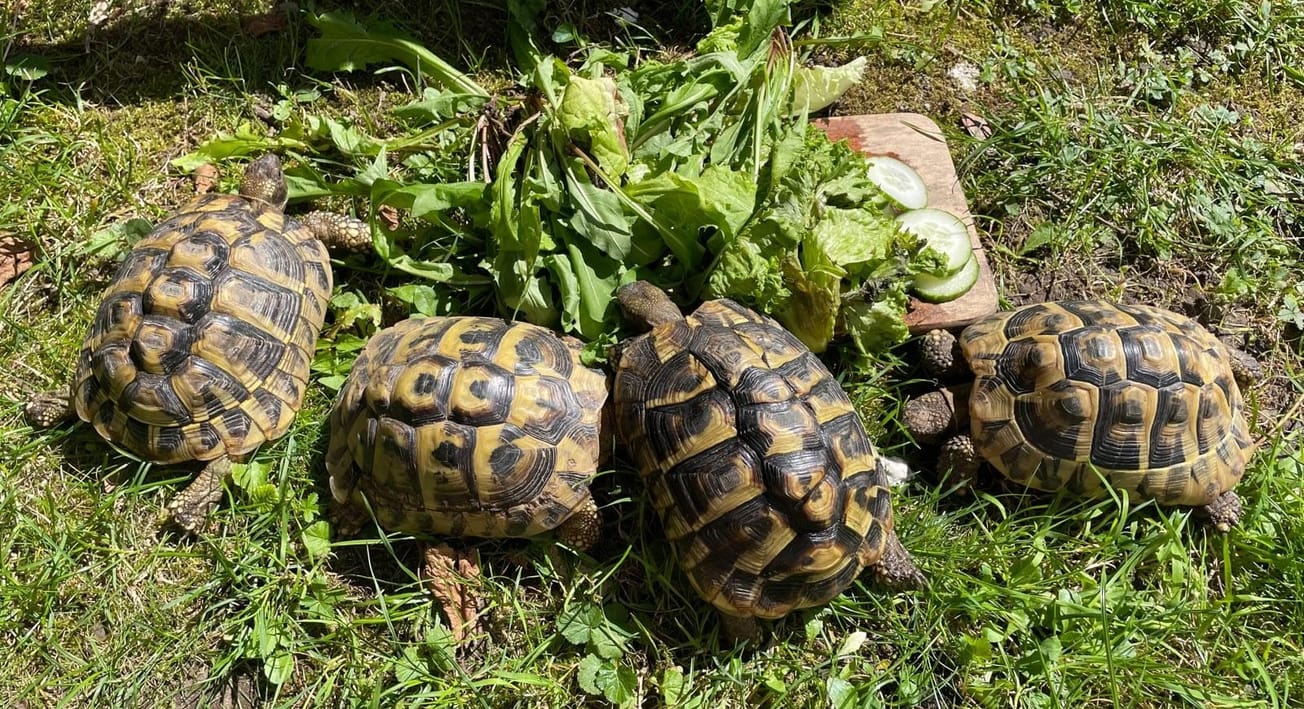By Sarah Dalton, SciTech Subeditor
The environmental start-up business, developed by graduates from the University of Bristol and University of Nottingham, is making home-farming easier – one plastic bottle at a time.
Whilst we all acknowledge that the plastic-wrapped and shipped supermarket produce we eat has a large environmental impact, very few of us are fortunate enough to have the space or time to grow our own food.
At least, this is what London-based graduates Charlie Francis, Daniel Taylor and Emil Schneider found after discovering that produce loses up to half of its nutrient content by the time it reaches shelves.
‘What if you could grow food using an everyday object, which was otherwise going to be thrown away, in a space you couldn’t use for anything else?’
One year later, and the initiative ‘Bottle Farm’, which was released on Kickstarter on 23rd June 2020, hit its funding goal in under 24 hours. Currently, the Kickstarter has raised over four times the initial £5000 target.

What is Bottle Farm?
Bottle farm, in essence, is a beautifully simple way to turn any used plastic bottle into an indoor farm. The Hydroponic technology it uses replaces soil with a nutrient powder (named ‘plant fuel’ by the company) which is dissolved in regular water, allowing plants to grow faster and in a less time-consuming way.
Each Bottle Farm is made from 95% recycled materials, and the small team of post-graduate physicists and designers have pledged to offset 100% of their carbon footprint by partnering with Carbonfund.org. The start-up therefore claims to be ‘space efficient’, ‘self-watering’ and ‘carbon neutral’.
How it works
Each purchased kit is easily assembled with only a plastic bottle and a pair of scissors. After cutting a slot using the provided template, users simply insert the grow baskets and pods, plant the seeds provided, add tap water and plant fuel, then attach the farm to any window or windowsill using the device’s stand or suction pads.
Each Bottle Farm comes with enough resources for two full bottles of food, giving customers the choice from a variety of herbs, vegetables and fruit, or the option to plant their own seeds.
In an increasingly carbon-conscious society, the post-graduates’ choice of grow pods are carefully made from coconut coir (a waste by-product made from ground up coconut husk), whilst the bottle stands, grow baskets and optional grow clips for taller plants are made from 100% recycled plastic. Even the delivery box itself is made from recycled cardboard.
Impact
With the rise of UK awareness towards the climate crisis and sustainability due to movements such as the UK Student Climate Network and Extinction Rebellion, making changes to our lifestyle and challenging the daily norm has never seemed more critical. Noting how in the UK alone, 15 million plastic bottles get thrown away every day, co-founder and Bristol post-graduate Charlie Francis says: ‘There are lots of good reasons to grow your own fresh food. The problem is that most people don’t have the time or space to do it.
‘So we have designed Bottle Farm to either hang on a window or sit on a flat surface. Now anyone can grow fresh produce at home with minimal effort. And at the same time extend the life of a plastic bottle.’
The project’s popular Kickstarter page, raising initial funds through pre-orders, remains live until 22nd July 2020 when production will begin.
Featured Image: Bottle Farm
What do you make of Bottle Farm?







